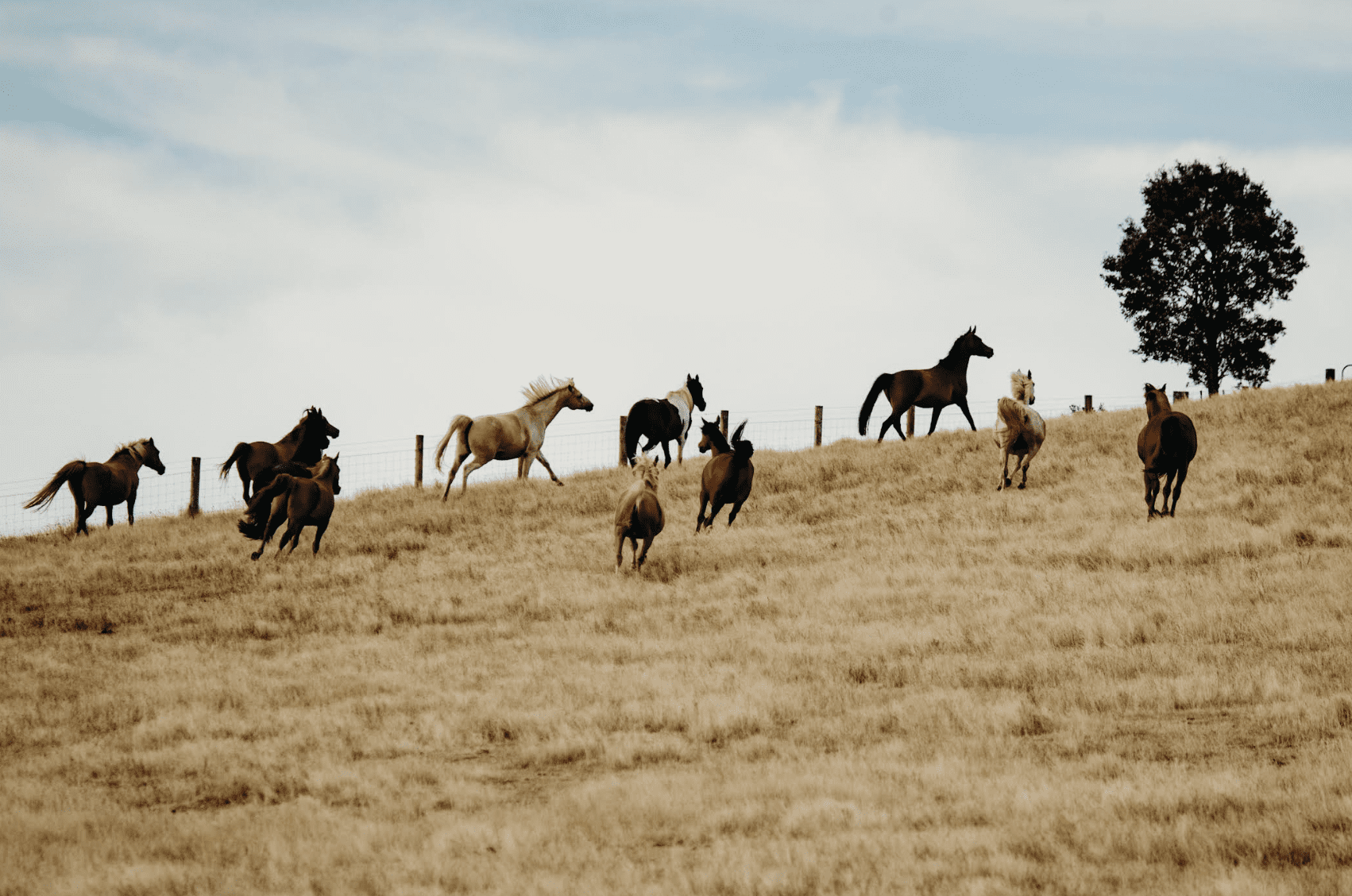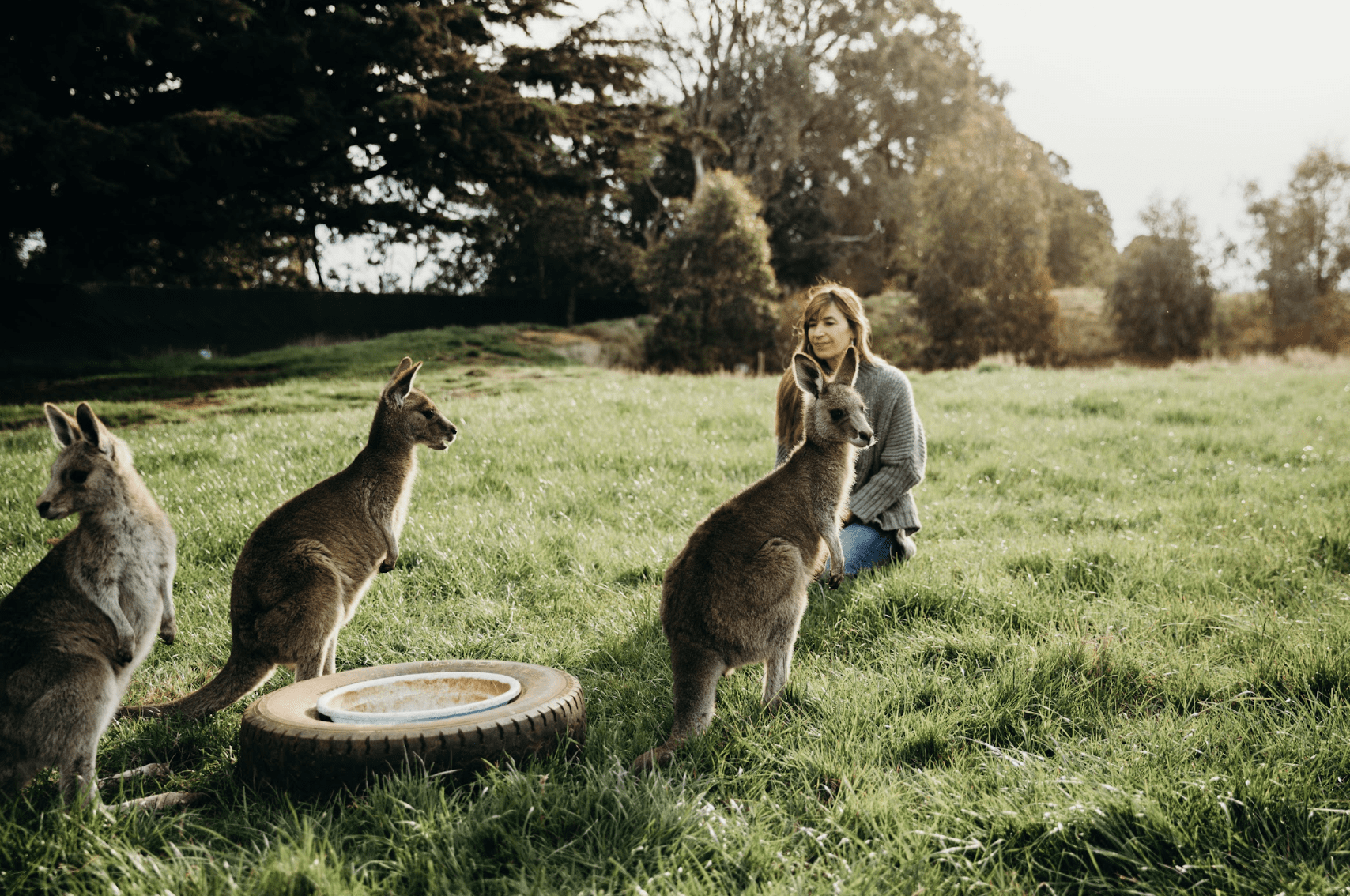Working with Addictions
APPLY NOWAddictions Specialist Training Intensive
From an Institute perspective, addictions are understood as ‘creative adjustments’ that have developed into chaotic or rigid habits of self-regulation and self-soothing, subjectively experienced as “out of my control”. These habits of self-regulation can profoundly constrain our functioning, health and relationships, as well as impair our movement towards emotional, physical, cognitive and spiritual integration. For many clients, addictive habits of thinking, perceiving or behaving are a core feature of their presenting struggles and are all too often their best attempt at surviving the impact of a dys-regulated nervous system, and a misguided attempt at meeting one’s core developmental, spiritual and existential needs. This training is designed to help you to understand how to work with your clients’ addictions, with effective outcomes in the context of equine assisted practice.
Who is this training for?
This training is for you if you have already completed our EAL or EAP training and are interested in learning about addictions and how to practice with clients with all kinds of addictions in an effective and deeply relational way. You are also welcome to apply if you have not trained with us previously, and applications will be assessed on a case by case approach
How is the training delivered?
The program is delivered either inperson from our Institute HQ near Daylesford in Victoria or LIVE Online, via Zoom.


What is the format of the training?
The format this training will be based on the use of equine experiential exercises, skills-based practice sessions, small group conversations, theory presentations, use of case material and discussions in the large group.
What are the Learning Objectives?

-
Gain a relational gestalt perspective on understanding and re-framing addictions as fixed creative adjustments.
-
Gain skills for how to build meaning and insight into the purpose of the addiction using phenomenological and experimental methods of inquiry.
-
Develop relational skills and creative experiments to help clients resolve their dilemmas and resistance to change.
-
Build an understanding of the relationship between addictions and shame/guilt dynamics, unfinished business, trauma recovery and the wider context in which the client lives.
-
Understand how addictions are often used to regulate the autonomic nervous system and states of hypo and or hyper-arousal – and are one’s best attempt to feel normal.
-
Gain an understanding of an ‘abstinence-relapse cycle’ and its relationship to trauma, and how to work with relapses.
-
Understand the concept of integration and how to support differentiation and connection between different parts of the client’s experiential world.
-
Help clients develop skills in using curiosity, somatic mindfulness, pendulation, titration and self-compassion to widen their ‘window of affect tolerance’, cultivate ‘staying with’ capacities and to help them monitor and modify addictive impulses or urges.
-
Understand how to build new inner and outer supports to help clients manage the triggers, symptoms or painful emotions that their addictions are attempting to regulate.
-
Use the ‘cycle of experience’ to map out and understand our clients’ experience of addiction.
-
Gain an understanding of how psycho-education can be a tool for supporting therapeutic goals.
What is the Investment?
4 Days Training $1,200 plus GST
Why Train With Us?
We are uniquely placed as the first comprehensive Australian model of equine assisted practice – EAP (psychotherapy) and EAL (experiential learning) – since 2011. Our sister branch Animal Assisted Psychotherapy International has set a high bar for Animal Assisted Treatment – psychotherapy (AAP) and Animal Assisted Education – psycho-social learning (AAL) education and Training. Founder Meg Kirby is co-author of a recent peer-reviewed published article on best practice terminology recommendations for the international Animal Assisted Services sector of research and practice.
Celebrating our 13th year of training in equine assisted practice, animal assisted therapy and ecotherapy, we are an established private training organisation with an international reputation for excellence, high professional standards, and advocates for animal welfare, wellbeing and enrichment protocols.
Who Is Our Trainer?
This advanced training is facilitated by our senior trainer, Noel Haarburger.
Noel Haarburger
Psychologist, Psychotherapist, Gestalt Therapy Trainer, and Trauma Specialist and Assistant with Somatic Experiencing Australia.
Noel is an experienced senior trainer, psychotherapist, group facilitators supervisor and registered mental health professional who lives and learns with a herd of 12 horses, 1 dog, 4 cats as part of his extended family.
.
.
.
